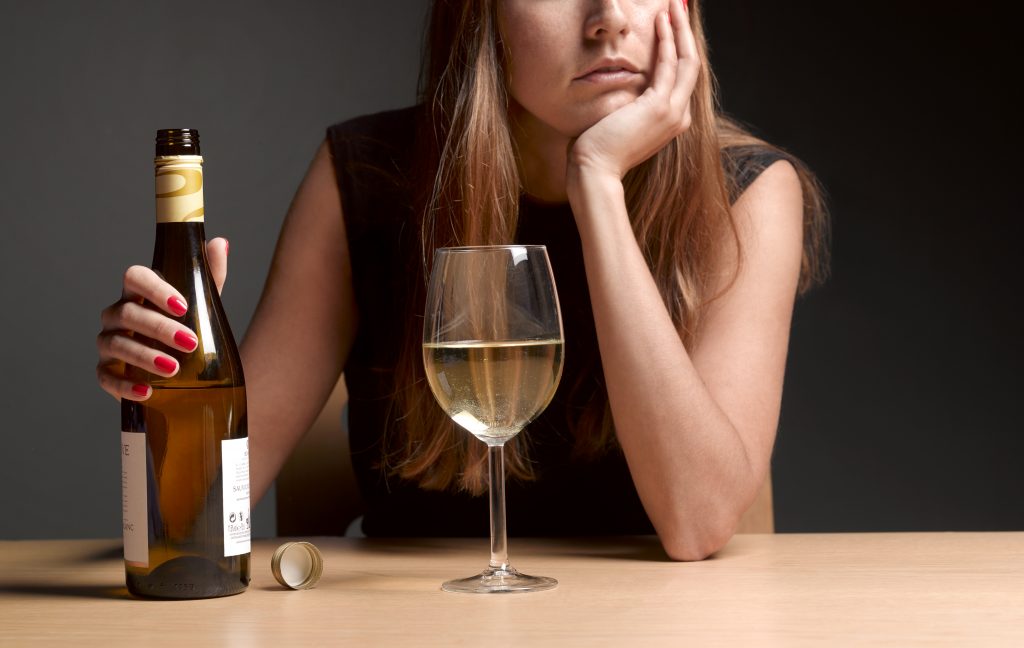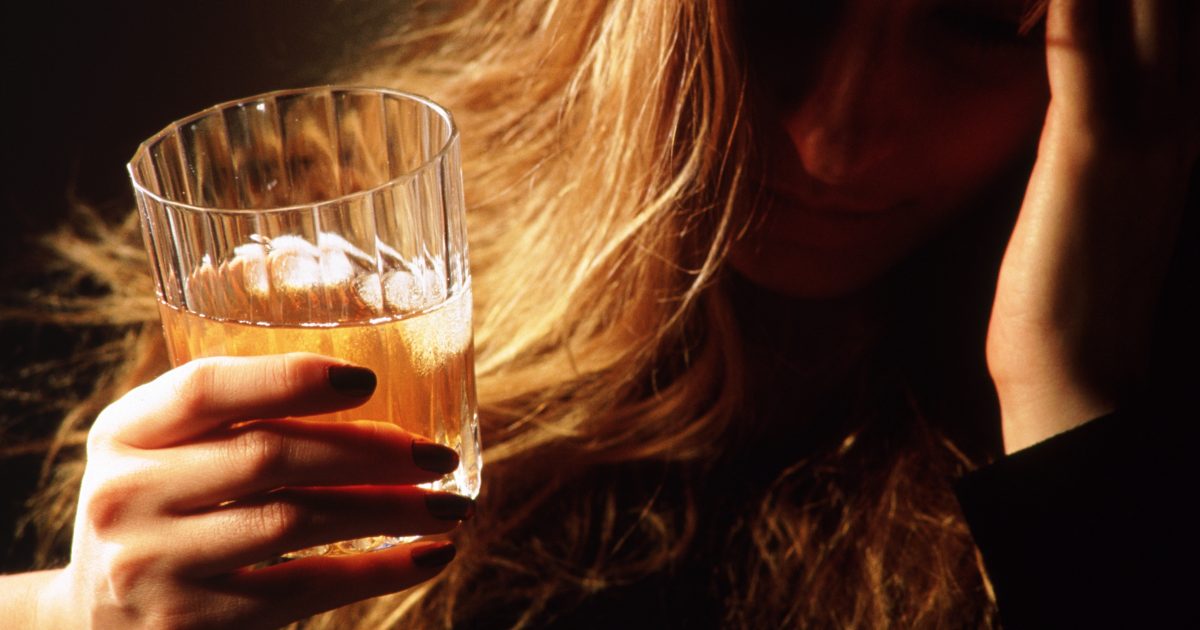Cancer's Relationship With Alcohol
- Can alcohol consumption cause cancer? It is a question scientists have asked for decades, and one that a new study has confirmed: yes.
- The study factors in whether a person has either one or both of two common genetic variants that are known to reduce a person's alcohol tolerance.
- According to the study, subjects with one or two copies of either genetic variant were found to have anywhere between a 13% to 31% lower risk of developing certain types of cancer. In contrast, the study found that subjects with at least one copy of these gene mutations were at a higher risk of developing these cancers.
The roughly decade-long study, published last week in the International Journal of Cancer, has confirmed a link between certain types of cancer and the amount of alcohol a person consumes.
Read More
Both genetic mutations are rather common in East Asian people. However, in people of European ancestry, these mutations are quite rare. That is why the study tracked about 150,000 Chinese subjects for more than a decade to confirm the link between alcohol and cancer.
Further Study Details
The group of 150,722 adult study subjects completed various surveys that detailed their alcohol consumption habits. Their health records were also followed for the duration of the study, which was more than a decade.
In addition, it was confirmed that people with the "low-alcohol-tolerability" genes as they are commonly known drank "significantly" less alcohol than their counterparts without the mutations.
Does Alcohol Impact the Risks for Colon and Other Cancers?
According to the study, subjects with one or two copies of either genetic variant were found to have anywhere between a 13% to 31% lower risk of developing certain types of cancer like esophageal cancer, as well as head and neck cancers.
In contrast, the study found that subjects with at least one copy of these gene mutations were at a higher risk of developing these cancers. This indicates the "inability to break down acetaldehyde can be directly linked with an increased risk of cancer," according to reports.
"These findings indicate that alcohol directly causes several types of cancer, and that these risks may be increased further in people with inherited low alcohol tolerability who cannot properly metabolize alcohol," lead researcher on the project Pek Kei says.
Cancer's Relationship With Alcohol
This is not the first study to confirm the link between alcohol and cancer.
The American Cancer Society reports that alcohol consumption can increase your risk for various types of cancer. When it comes to cancers of the mouth, throat, voice box and esophagus, for example, alcohol "clearly" increases a person's risk.
That being said, the ACS notes that drinking and smoking together puts you at a much higher risk for these cancers than drinking or smoking alone. But when it comes to drinking alcohol, a person's risk of breast cancer specifically is lurking in the shadows.
Alcohol Can Increase the Risk of Developing Breast Cancer
However, Dr. Elizabeth Comen, a breast oncologist at Memorial Sloan Kettering Cancer Center, says she recognizes that the public has been getting mixed messages about alcohol.
"In some instances," she says, "we (doctors) say that drinking wine might be good for the heart, and we don't necessarily offer great specific guidelines about how much alcohol is safe to drink."
Dr. Comen's advice is not necessarily to stop drinking; she just wants people to think about moderation and own the decisions they make.
"If you want to have absolutely no risk from alcohol, then don't drink at all," she says. "But probably having less than four glasses a week of alcohol is probably OK."
Learn more about SurvivorNet's rigorous medical review process.


